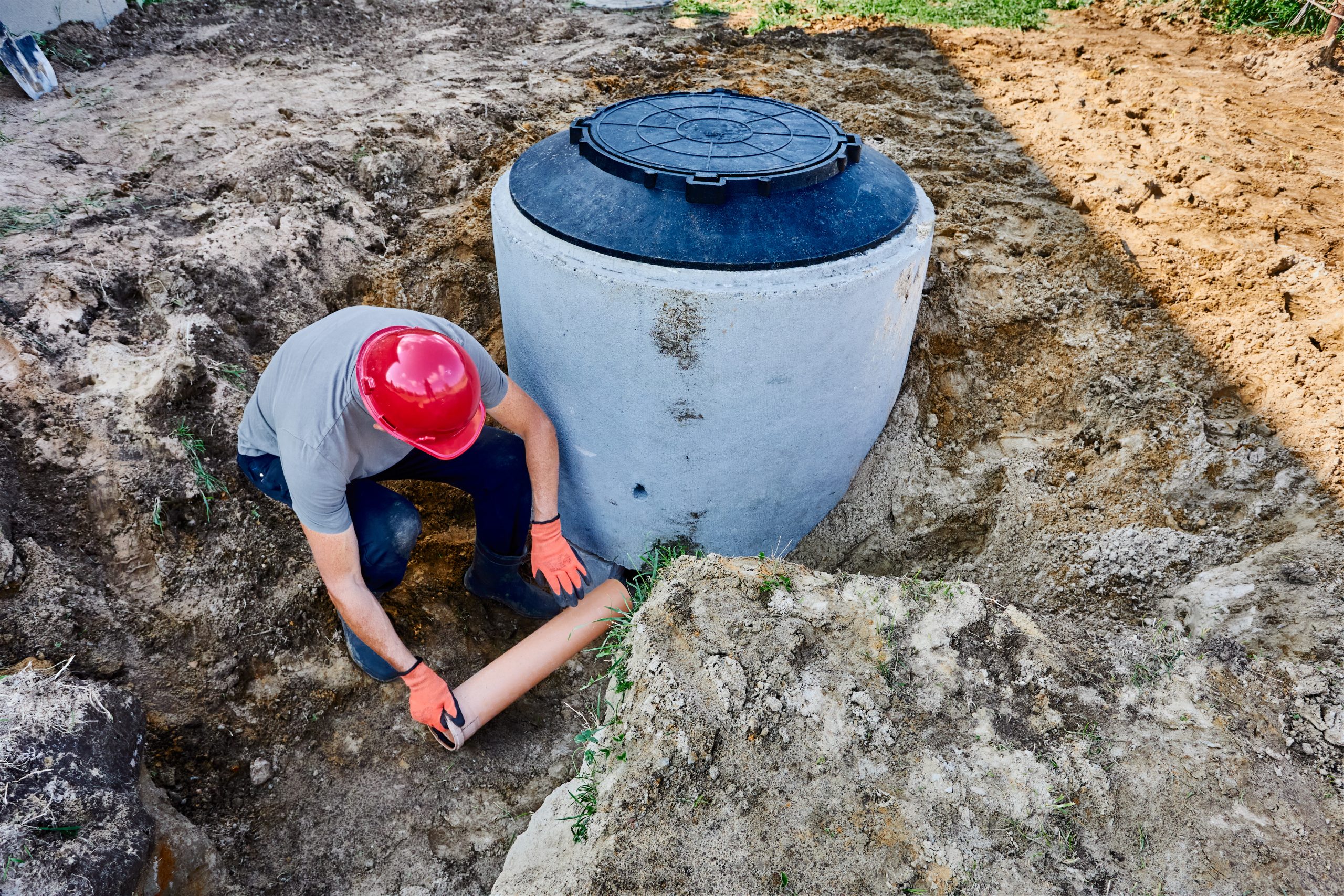Heavy rain and flooding can put significant strain on your septic system, causing backups, system failure, and costly repairs. At SepTek, we understand the importance of maintaining your septic system, especially during adverse weather conditions. Here’s how you can prepare your septic system for heavy rain or flooding and protect it from potential issues.
1. Regular Maintenance to Ensure Functionality
The most important step in preparing your septic system for storms is ensuring it is well-maintained. Regular pumping and inspections help prevent clogs and backups, which can worsen during heavy rain.
How Regular Maintenance Helps:
- Prevents Overflows: Keeping your tank pumped every 2 to 3 years ensures that it has the capacity to handle increased water flow during storms.
- Early Detection of Issues: Inspections can identify problems like cracks or leaks before they become bigger issues during heavy rainfall.
2. Protect Your Leach Field
The leach field is critical to the functioning of your septic system, but it can easily become overwhelmed during heavy rain. Saturation or clogging in the field can lead to wastewater backup and system failure.
How to Protect Your Leach Field:
- Avoid Overuse: Limit water usage during heavy rain, as this helps prevent overloads on the leach field.
- Clear the Area: Ensure the leach field is free from trees, shrubs, or heavy foot traffic, which can block the system and cause issues during storms.
3. Elevate Components in Flood-Prone Areas
In areas prone to flooding, elevating your septic system components can prevent contamination and damage. Installing risers or flood-proof covers can help protect your tank from excessive water exposure.
How to Elevate Your System:
- Install Risers or Protective Covers: These help prevent water from entering your septic tank during flooding and keep debris from causing blockages.
- Consider Flood-Proofing: In extreme cases, elevating the entire septic system above typical flood levels can be a long-term solution to flooding concerns.
4. Divert Rainwater Away from the System
Excess rainwater can saturate the soil around your septic system, causing the system to fail. Ensuring water is diverted away from the septic tank and leach field helps prevent unnecessary strain on the system during heavy rain.
How to Divert Water:
- Grade the Ground Properly: Ensure that the area around your septic system slopes away from the tank and leach field to keep water from pooling.
- Install Drains: Adding French drains or other drainage solutions helps direct water away from the system.
- Maintain Gutters: Clean gutters and downspouts to direct rainwater away from the septic system and prevent oversaturation.
5. Be Mindful of Water Usage During Storms
Excess water from showers, laundry, and appliances can overload your septic system during heavy rain, especially when the ground is already saturated.
How to Manage Water Usage:
- Limit Water Use: Avoid using water-intensive appliances like washing machines or dishwashers during heavy rain or flooding. Spread out your water usage over time to reduce the strain on your septic system.
6. Monitor for Signs of Trouble After Storms
After a heavy storm, it’s important to keep an eye on your septic system for any signs of issues. Problems such as slow drainage, foul odors, or standing water may indicate that your system has been compromised.
Signs You May Need Help:
- Slow Drains or Backups: Water backing up in sinks or toilets is a common sign that your septic tank or drain field is overwhelmed.
- Unpleasant Odors: A foul smell around your septic tank or drain field could indicate a system failure.
- Standing Water: If water pools near your septic system, it could be a sign that the system is saturated or not draining properly.
Preparing your septic system for heavy rain or flooding is essential to avoid costly repairs and potential failures. Regular maintenance, protecting your leach field, and diverting rainwater away from your system are key steps to keeping your system running smoothly. If you live in an area prone to flooding, consider elevating your septic system components to prevent damage.
For expert help with preparing your septic system for storms, contact SepTek Services today. Our team is here to help ensure your system is ready for anything.

